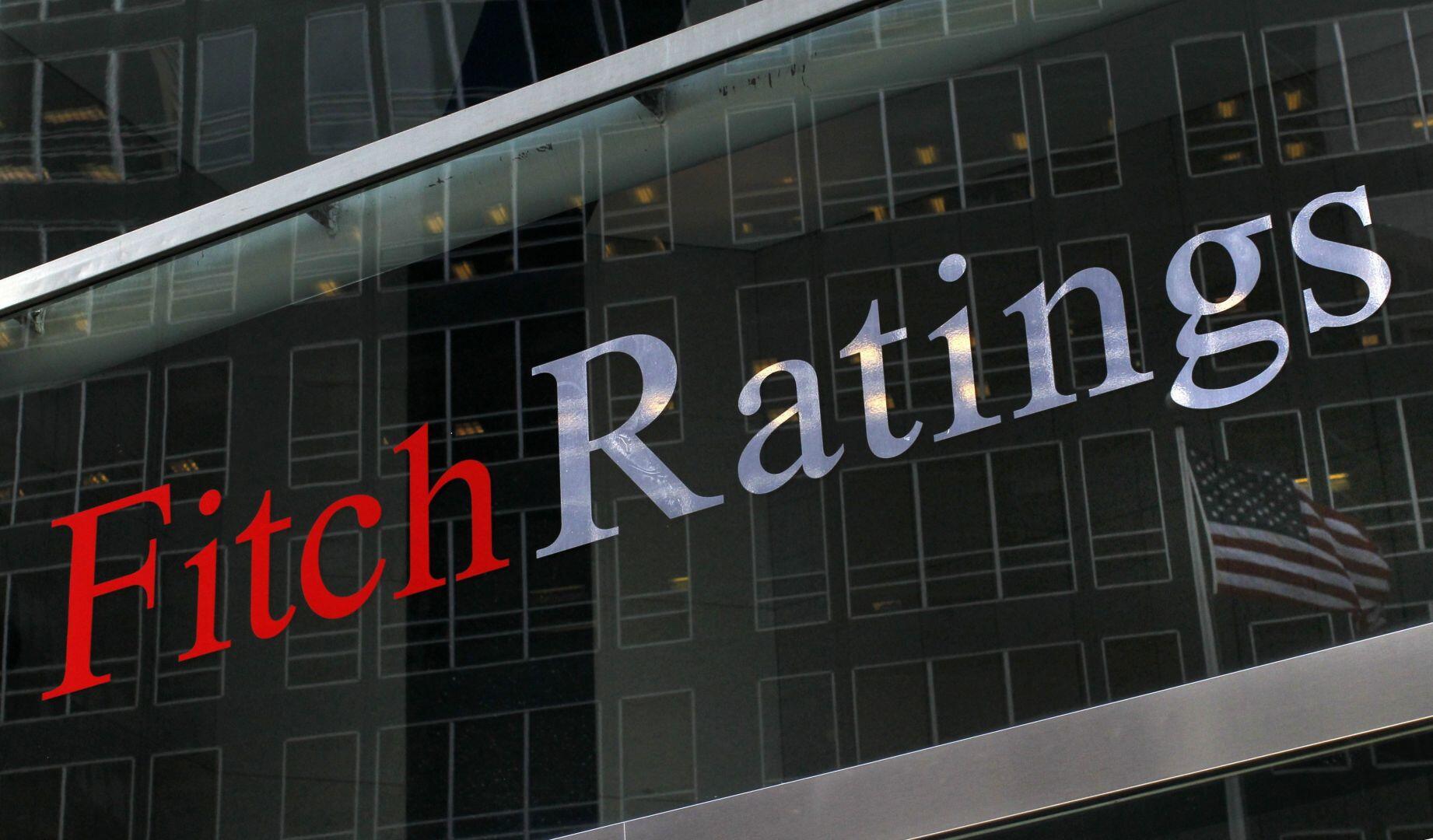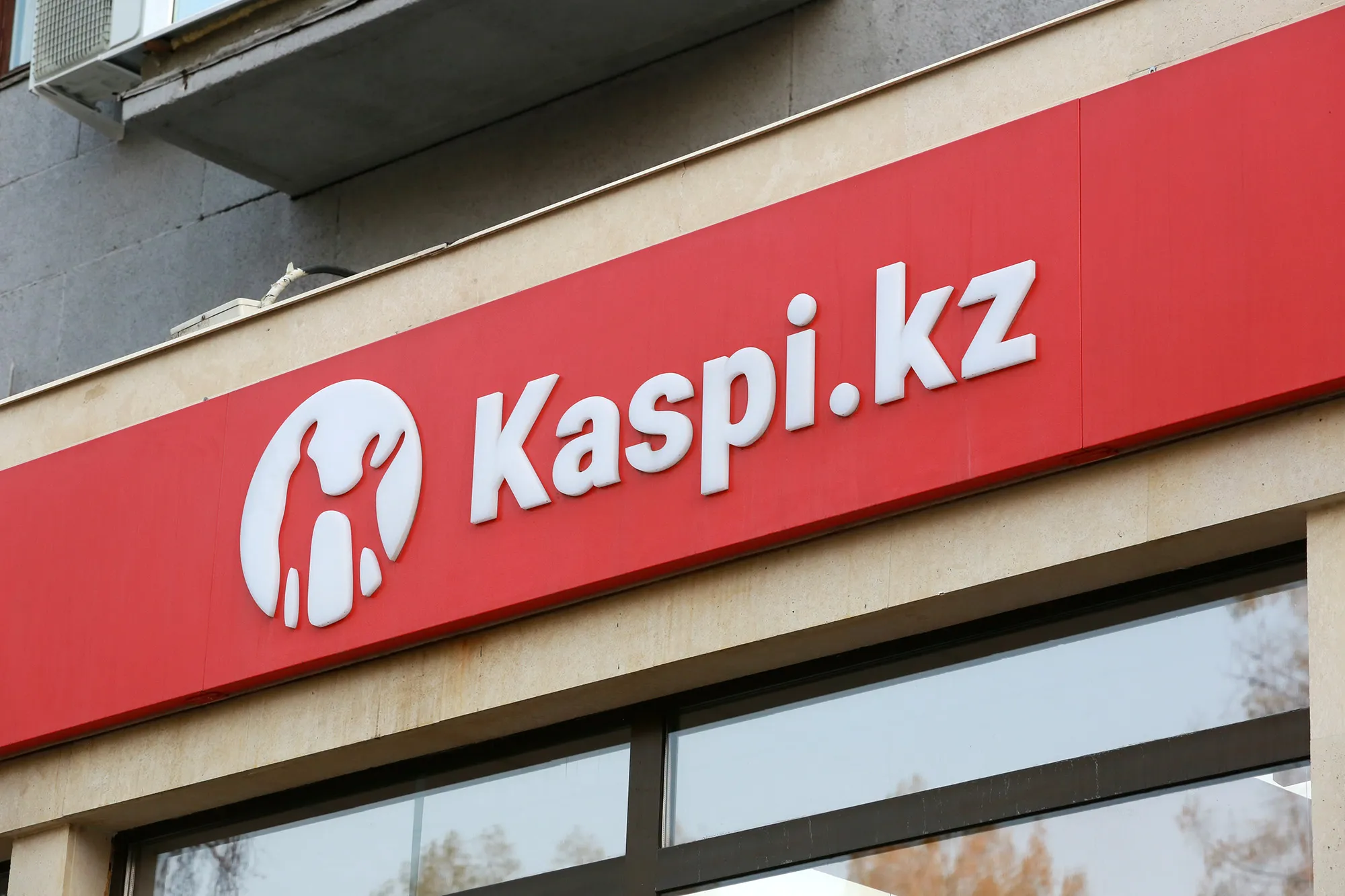Fitch Ratings has assigned Long-Term Issuer Default Ratings (IDR) of 'BBB-' with Stable Outlooks to Kaspi.kz and its core banking subsidiary, Kaspi Bank. The agencies also issued Viability Ratings (VR) of 'bbb-' and National Long-Term Ratings of 'AA+(kaz)'.

Kaspi.kz, functioning as a non-operating bank holding company (BHC), has a VR that aligns with the group's VR due to its strong financial profile and capital structure. The VR for Kaspi Bank, as a key operating bank, is similarly aligned, reflecting its significant contribution to the group's performance. As of the first half of 2024 (1H24), the bank accounted for 97% of Kaspi.kz's consolidated assets and approximately 50% of its revenues.
The sustainability of the group's performance is closely tied to the economic stability and income levels in Kazakhstan, highlighting the correlation between the bank's credit profile and that of the sovereign. Given that the group's financial metrics surpass sector averages—particularly in earnings and capital—the rating for Kaspi.kz is positioned one notch above the operating environment score.
Kaspi.kz operates a dual mobile application model, enabling both consumers and merchants to access a range of banking and payment solutions. The group serves over 14 mn clients within Kazakhstan's population of 20 mn, with Kaspi Bank being the largest retail lender, holding 16% of total loans at the end of 1H24. The bank facilitates lending to both customers and merchants, utilizing data from its platforms to effectively assess credit risks.

From 2020 to 2023, the average operating profit was an impressive 22% of the bank's Basel III risk-weighted assets (RWAs). A dominant 75% of the group's revenue is derived from transactional income, contributing to earnings stability and diversification while minimizing credit risk exposure. The return on equity has averaged a robust 80% over the past eight years.
At the end of 1H24, the consolidated Fitch core capital (FCC) stood at 24% of the bank's RWAs, indicating strong capital adequacy. The group’s equity/assets ratio was above average at 17%, and Kaspi Bank's Common Equity Tier 1 (CET1) ratio was reported at 18%. The group's ability to generate capital internally further supports its financial position.
Credit risk is primarily associated with the bank’s loan portfolio, particularly unsecured consumer finance, which constituted 79% of loan originations in 1H24. The bank benefits from robust risk management practices, supported by a high rate of repeat customers. Most loans are short-term, and the average loan size is comparatively smaller than those of competitors. The cost of risk has been maintained at a moderate level of 2% over the past five years.
The group has a large and diversified customer base, representing 16% of system deposits as of the end of 1H24. While deposits are stable due to the comprehensive services provided by Kaspi.kz, funding costs are relatively high compared to industry averages, primarily due to a focus on consumer accounts. The liquidity buffer was substantial, covering 34% of total deposits at the end of 1H24.
Negative Actions: The ratings could be downgraded if Kazakhstan's sovereign rating declines. A significant reduction in the consolidated FCC ratio to approximately 15%—resulting from increased dividend payouts, aggressive loan growth, or a substantial decrease in profitability—could also lead to a downgrade. Additionally, any overseas expansion that significantly increases credit exposure in lower-rated markets could negatively impact ratings.
Positive Actions: An upgrade in ratings would necessitate an improvement in Kazakhstan's sovereign rating and the overall banking environment, including enhanced governance and macroeconomic stability. The bank must sustain a strong financial profile, particularly in capitalization and profitability while maintaining effective credit risk controls.
Kaspi.kz and Kaspi Bank's National Ratings of 'AA+(kaz)' reflect their creditworthiness concerning other Kazakh issuers. The Government Support Rating (GSR) for Kaspi.kz is 'no support,' indicating that government assistance is unlikely. Conversely, Kaspi Bank's GSR of 'b' reflects a limited probability of support from the government, underscoring the historical inconsistencies in state aid for privately-owned banks.
Follow Daryo's official Instagram and Twitter pages to keep current on world news.
Comments (0)